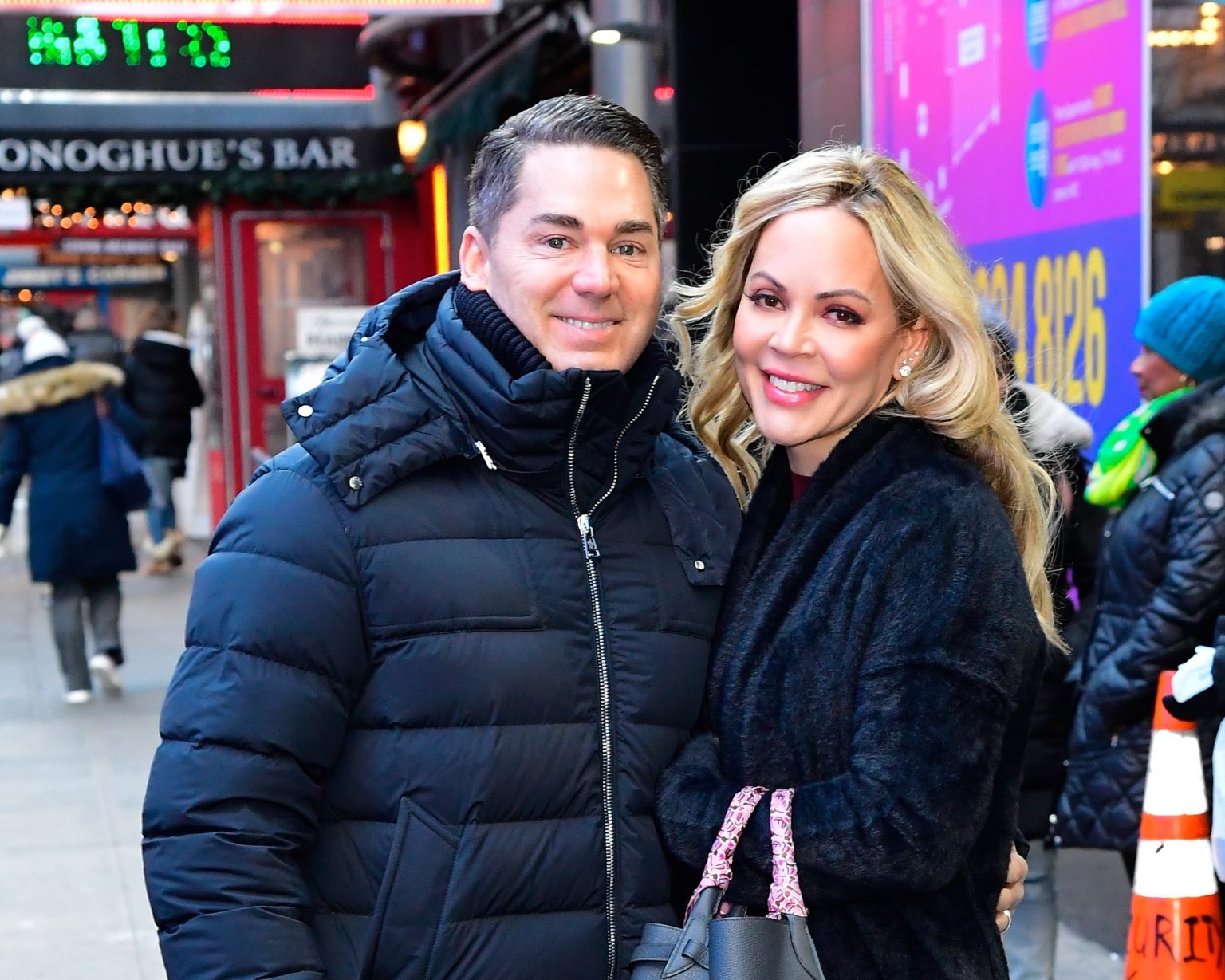President-elect Donald Trump is facing unexpected backlash from some supporters over his appointment of Chad Chronister as the head of the Drug Enforcement Administration (DEA). Despite Trump’s ongoing efforts to consolidate his cabinet and fill key agency positions ahead of his return to the White House in January, Chronister’s nomination has ignited controversy, especially among passionate followers of the Make America Great Again (MAGA) movement. The criticism comes from notable figures within the Republican party and from his staunchest supporters, many of whom feel that Chronister’s past actions as a sheriff raise red flags concerning his suitability for the new role.
Chad Chronister is a long-serving sheriff of Hillsborough County, Florida, having dedicated over three decades to law enforcement. He has been in his current position since 2017 and has accrued various commendations throughout his career. Chronister is recognized for his personal engagements, notably through his marriage to philanthropist Nikki DeBartolo, and his background as a family man. Following Trump’s announcement, Chronister expressed gratitude over his nomination via X, emphasizing the honor it represents. However, while Trump has highlighted Chronister’s leadership skills and dedication to preventing the flow of illegal drugs across the Southern border, this nomination has raised concerns within parts of the MAGA community.
The controversy primarily stems from Chronister’s past actions during the coronavirus pandemic when he was involved in the arrest of a Tampa Bay pastor, Dr. Rodney Howard-Browne, who defiantly held church services in violation of COVID-19 lockdown restrictions. The pastor faced charges for unlawful assembly, and Chronister publicly condemned his actions, arguing that it posed a threat to public safety. This incident has become a focal point of criticism from several MAGA supporters who argue that such actions are antithetical to conservative values of personal freedom and religious expression. Notably, Republican Congressman Thomas Massie openly criticized Trump’s choice, calling for Chronister’s disqualification on the grounds of his enforcement actions during the pandemic.
Critics have mobilized on social media, expressing outrage at Chronister’s nomination. Voices from the Libertarian Party have articulated similar sentiments, characterizing Chronister’s actions during the pandemic as an overreach. Some MAGA supporters echo these sentiments, labeling him a “COVID Nazi” and demanding that such individuals be excluded from any administration role. The backlash highlights a significant fissure among Republican supporters regarding policies and behaviors exhibited during the unprecedented health crisis, emphasizing a tension between upholding law enforcement duties and prioritizing personal freedoms.
Conversely, there are those within the MAGA cohort who rally behind Chronister, arguing his actions were justified given the health emergency that was ongoing at that time. Supporters assert that he was merely doing his job by adhering to the laws established regarding public health. They contend that while hindsight may color perceptions of those decisions, it was a time of widespread uncertainty that justified stringent measures. This division among Trump’s backers presents a challenge for the president-elect as he attempts to unify disparate groups within his supporter base while also filling key governmental roles.
With the Senate’s confirmation process looming, the future of Chronister’s nomination remains uncertain. Should he be confirmed, Chronister would succeed Anne Milgram, who has served as the DEA Administrator during President Biden’s term. The rising scrutiny of his past decisions underscores the broader implications of government leadership roles, particularly in how they interact with rapidly evolving public sentiment. Trump’s decision to nominate Chronister has not only rekindled debates about law enforcement practices during the pandemic but also signals potential challenges navigating the complex landscape of his political base as he seeks to fulfill campaign promises.
As Trump prepares to reclaim his position in the White House, the backlash against Chronister’s DEA nomination serves as a reminder of the intricate dynamics at play within the Republican Party. It raises important questions about how the party can align its law-and-order stance with the emphasis on personal liberties valued by many of its supporters. The resolution of this controversy could provide insight into Trump’s strategy for managing dissent among his followers while solidifying his administration’s focuses and goals in the months to come.

